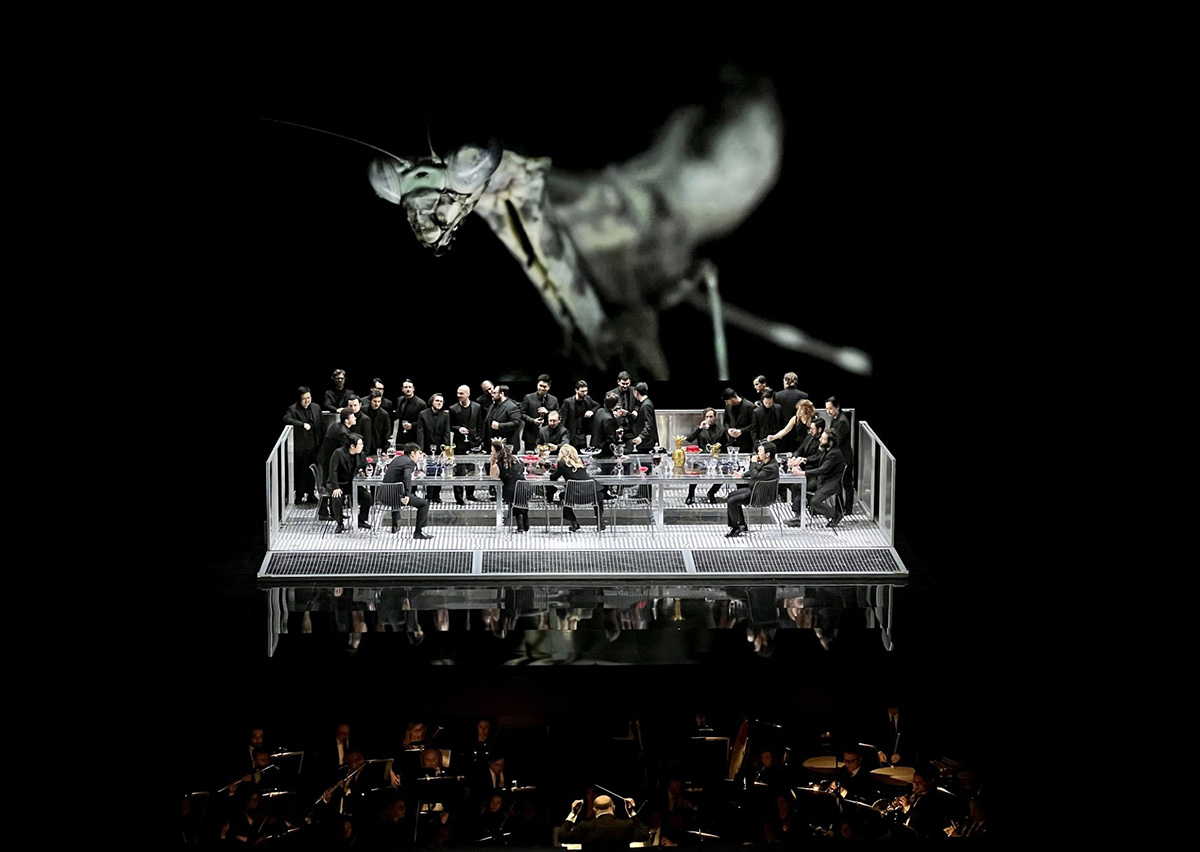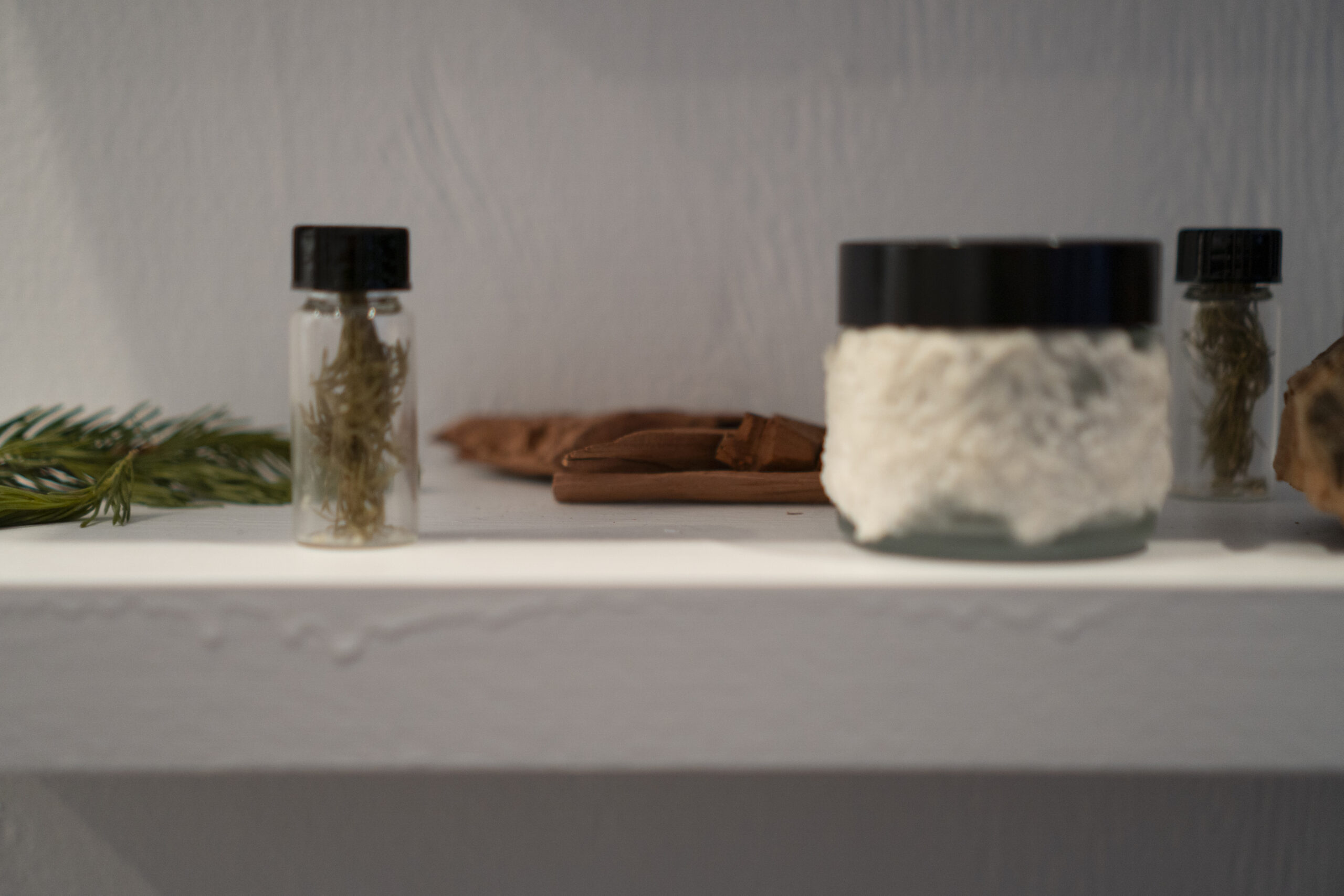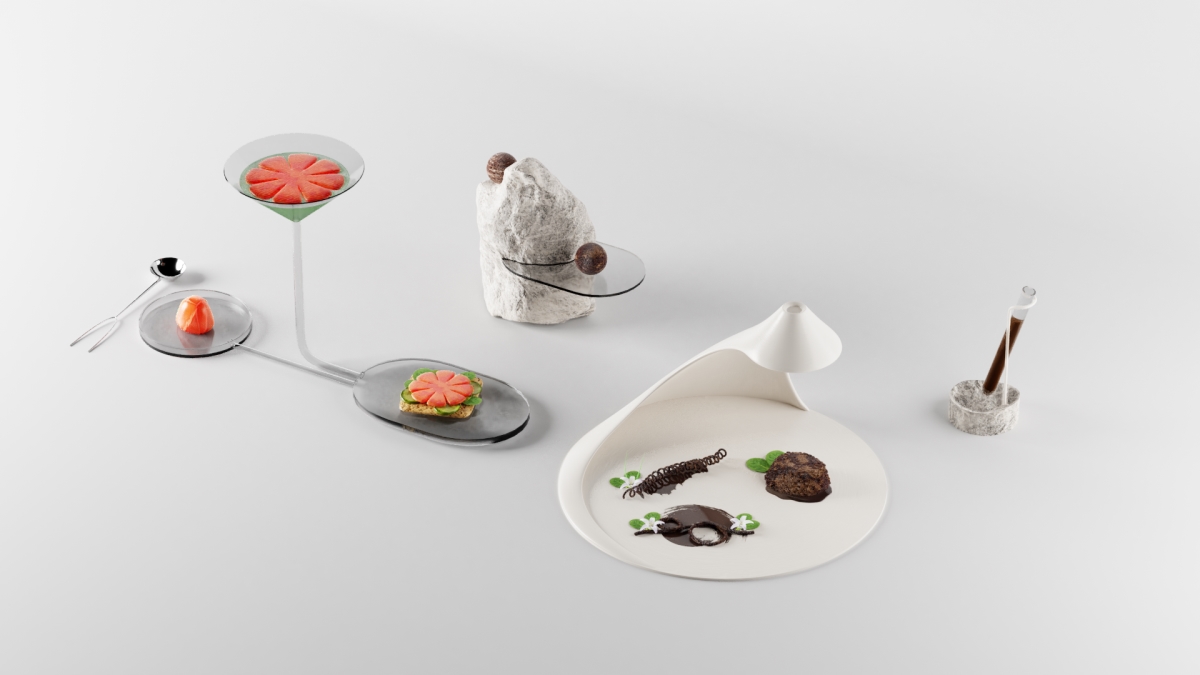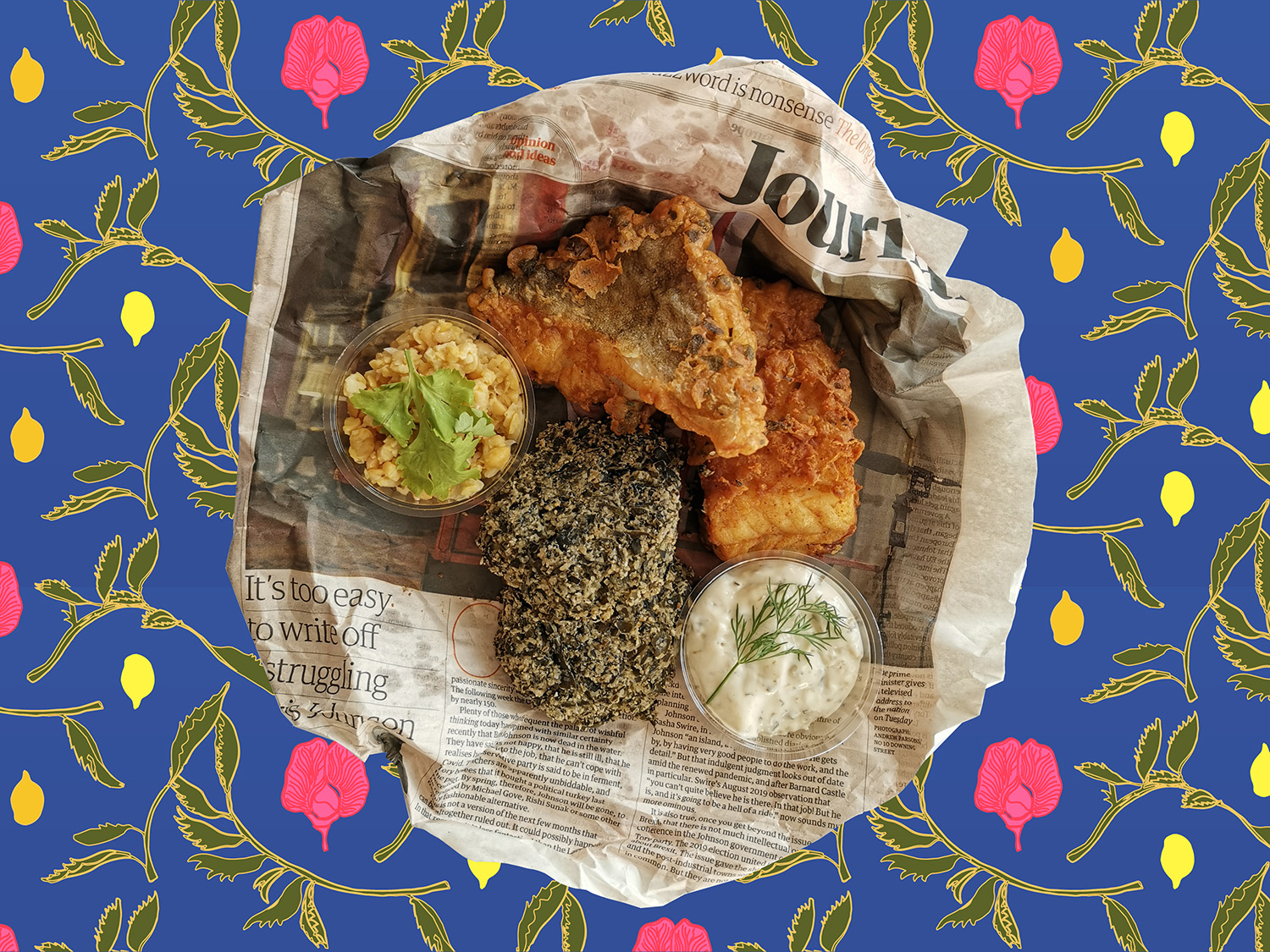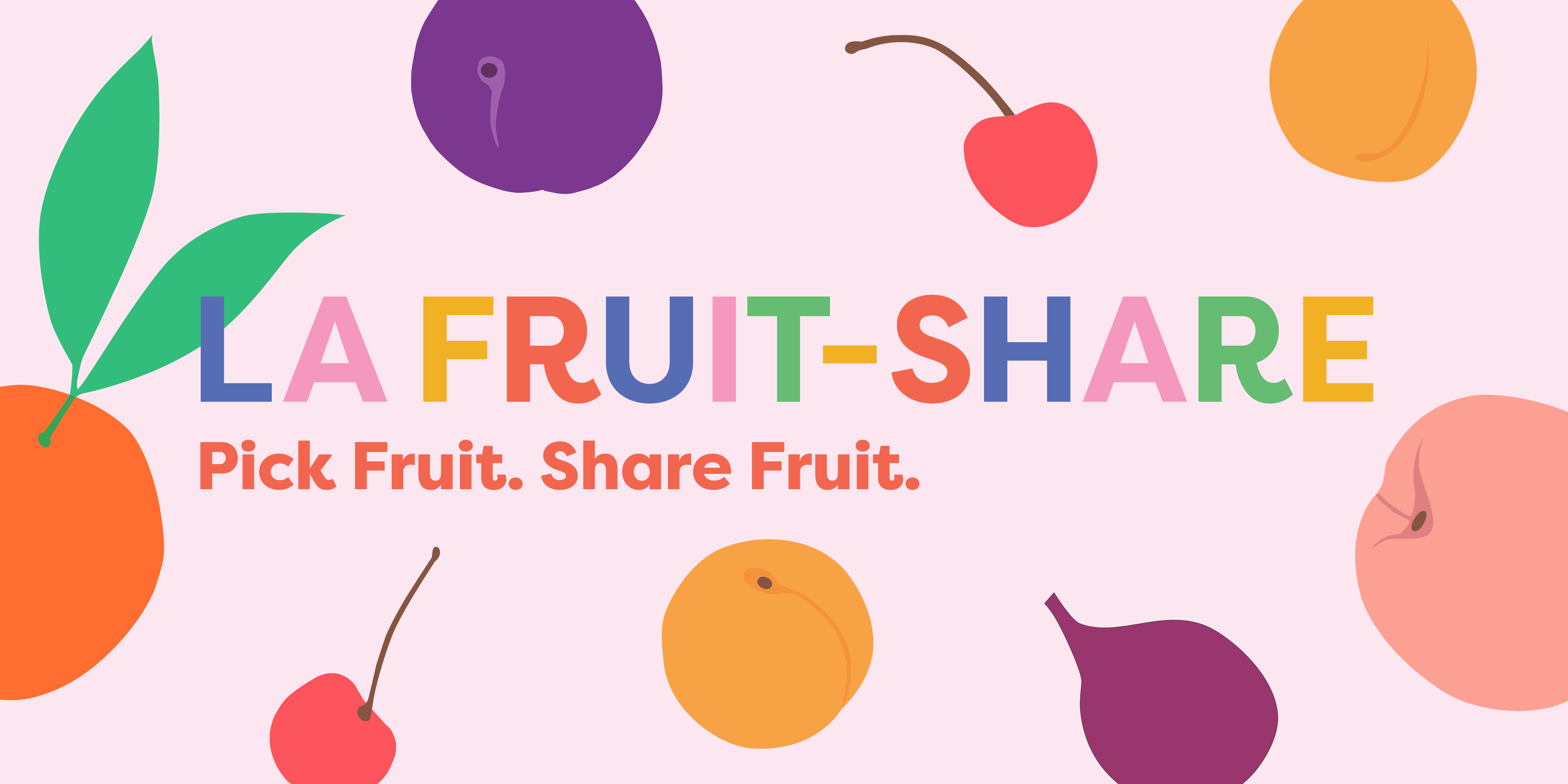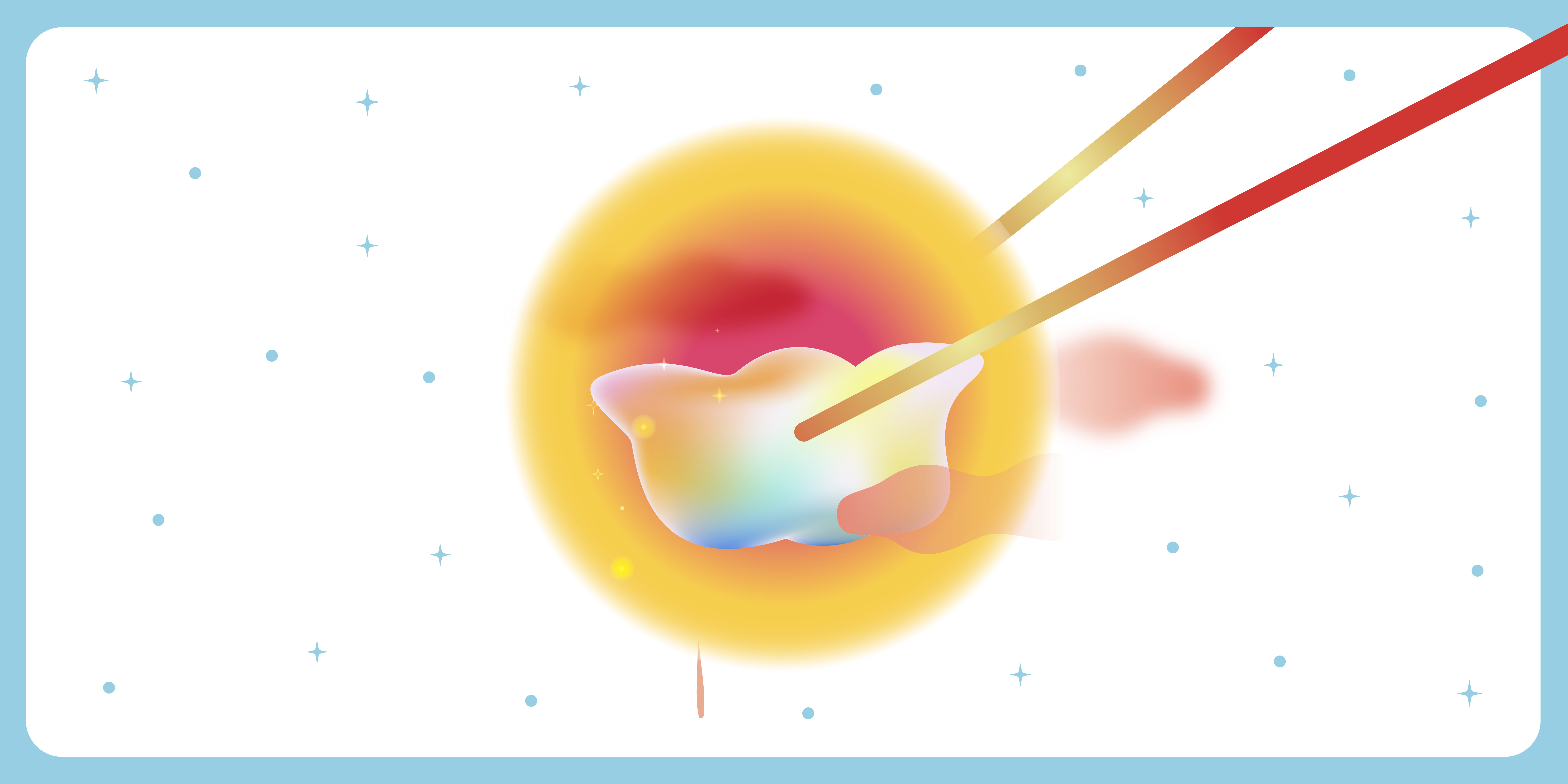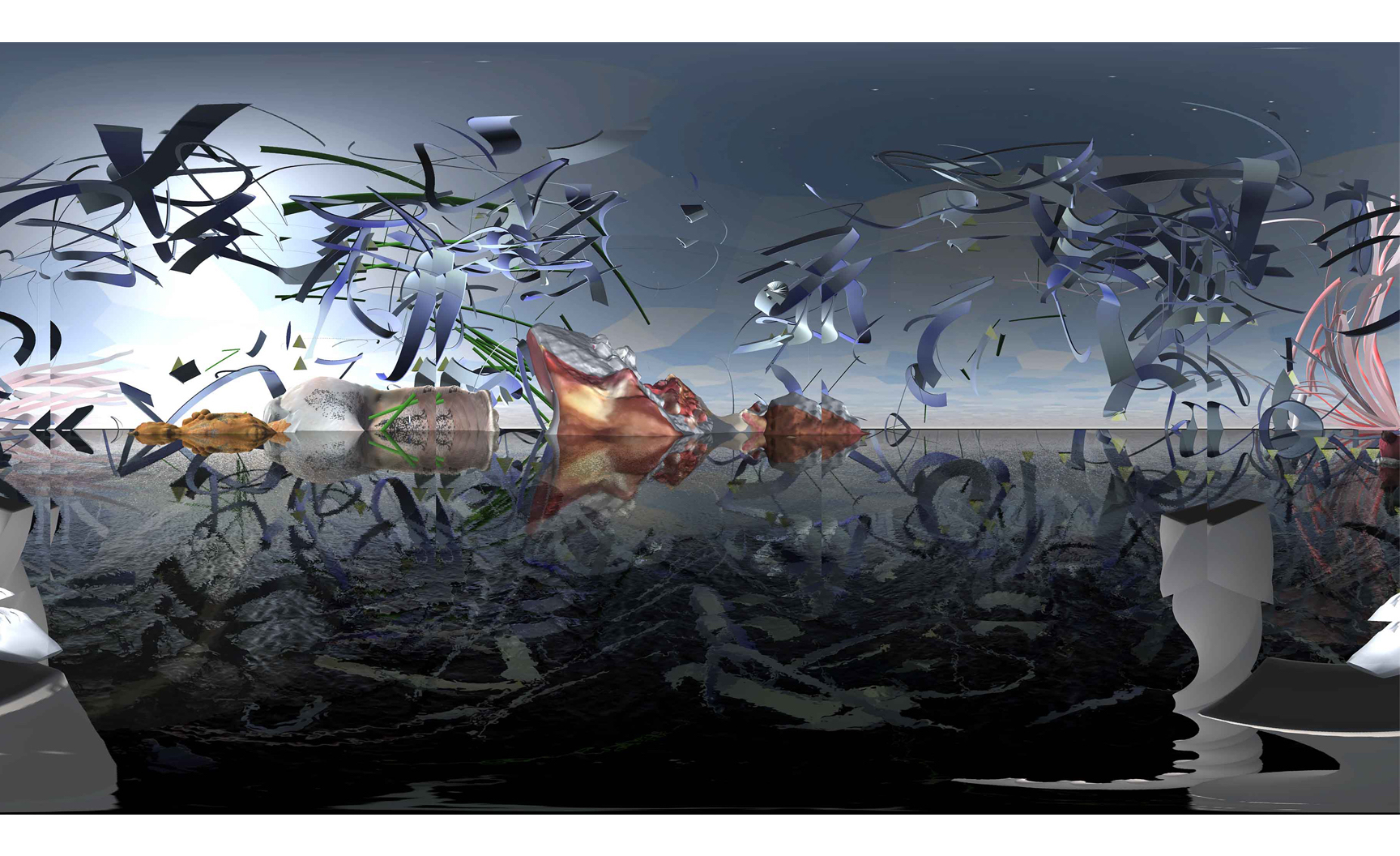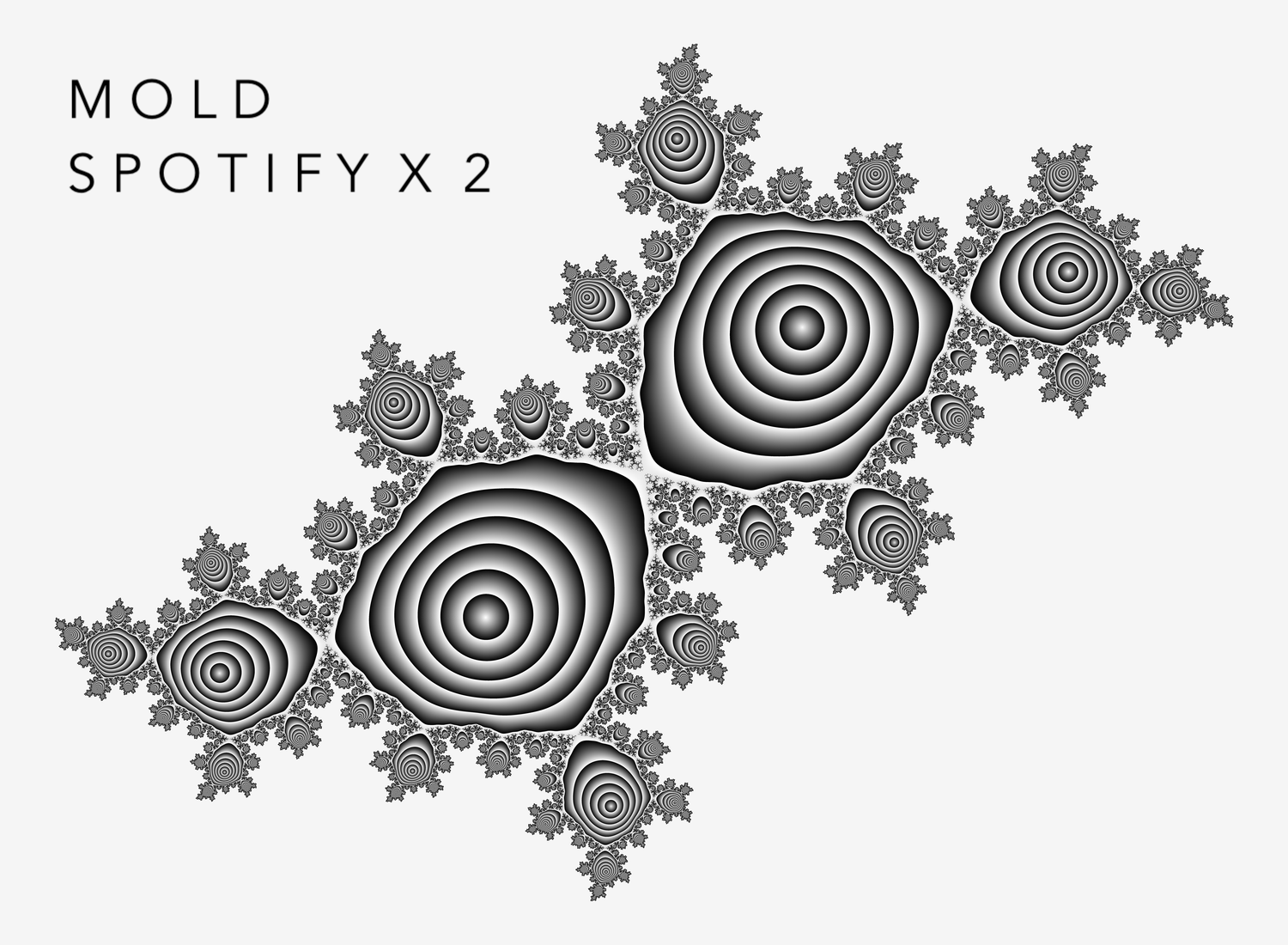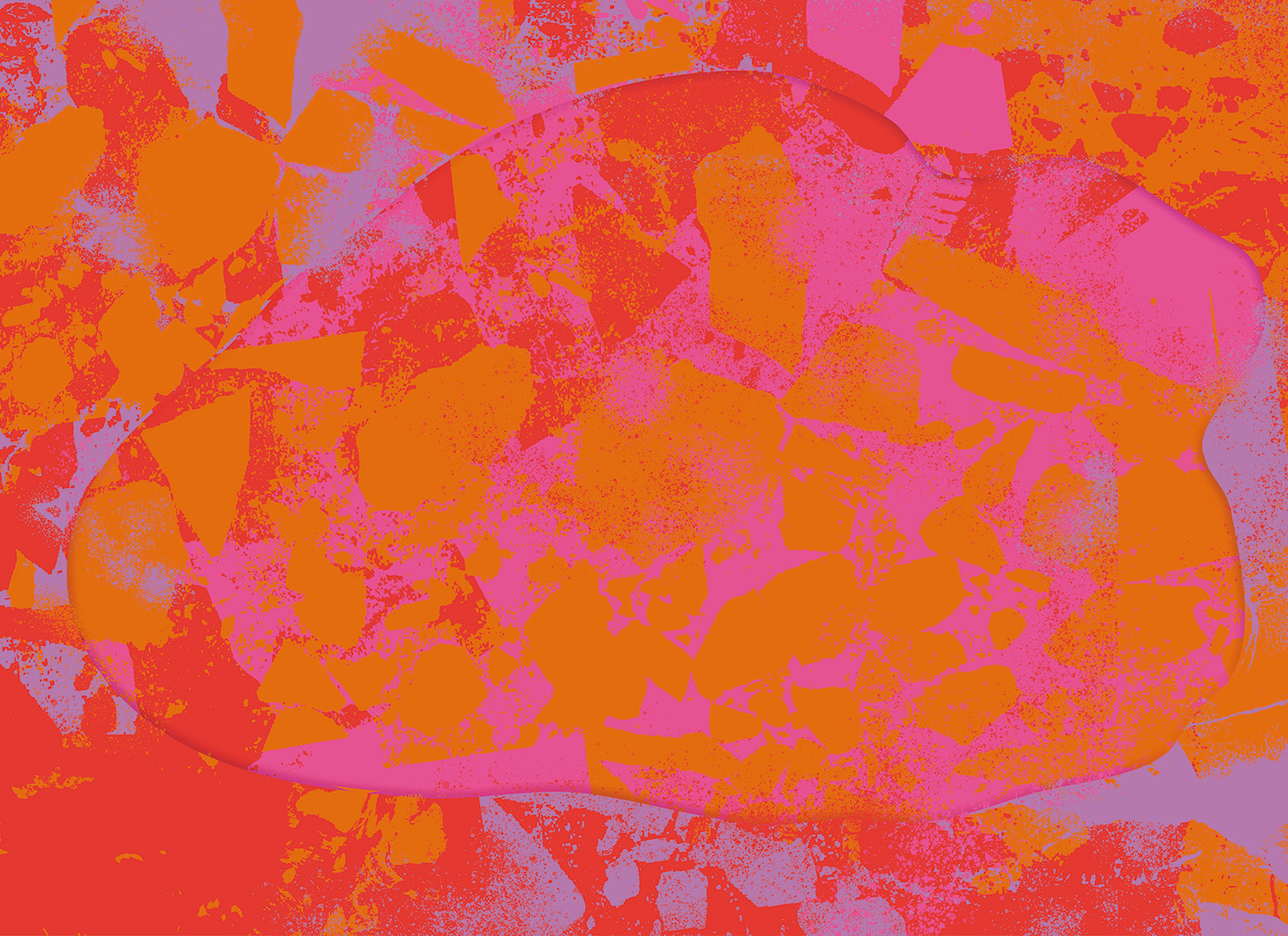Some species of moths and bees have evolved to land on mammalian eyelids (including humans) and drink our tears. In times of relentless human tragedy and environmental catastrophe, are we creating the perfect conditions for these tear-drinking insects to flourish? What do these insects want from our tears anyways?
Humans believe we have spent the last 10,000 years domesticating species of all sizes, shaping the planet in our image. Perhaps the tear-drinking insects have been domesticating us the entire time, and they are now ready to farm our tears more intensively. Should we be attempting to repel, attract or give thanks to those that dine on us?
‘To Flavour Our Tears’ is the proposal for an experimental restaurant that investigates the culinary needs of insects and other eaters-of-humans. How do you taste to the small organisms that consume parts of you everyday, and every last bit of you when you die? How can humans manipulate our bodies, diet and emotions to change our own flavour?
The proposal includes:
 A Moth Bar where human visitors can come to use specialized tools and practices designed to help them shed tears for thirsty moths.
A Moth Bar where human visitors can come to use specialized tools and practices designed to help them shed tears for thirsty moths.
 AnthroAquaponics System where fish feed on the dead skin cells of human feet, and in turn provide nutrients for a plant growing system.
AnthroAquaponics System where fish feed on the dead skin cells of human feet, and in turn provide nutrients for a plant growing system.
 The AlterGastronomy VR room where people can embody a wolf devouring a jogger or a microorganism searching for food in the human gut.
The AlterGastronomy VR room where people can embody a wolf devouring a jogger or a microorganism searching for food in the human gut.
 The Saprophytic Supper: 24 Hour Buffet where humans can examine the microorganisms that feast on our skin cells.
The Saprophytic Supper: 24 Hour Buffet where humans can examine the microorganisms that feast on our skin cells.

The Fat Flavouring Lab where R&D in flavouring fat, skin, blood, sweat, and pee happens.
 And the Rooftop Garden Burial site where a few lucky microorganisms get to consume the remains of deceased humans.
And the Rooftop Garden Burial site where a few lucky microorganisms get to consume the remains of deceased humans.
As new tools of microbiome research reveals the many micro-organisms that live in and on us, the human body will be increasingly seen as an ecosystem, zoo or hospital. This is your chance to think of your body as a restaurant, and start to cook and flavour yourself well.


This research was originally supported by and premiered at the Pixelache 2016 festival: Interfaces for Empathy.
